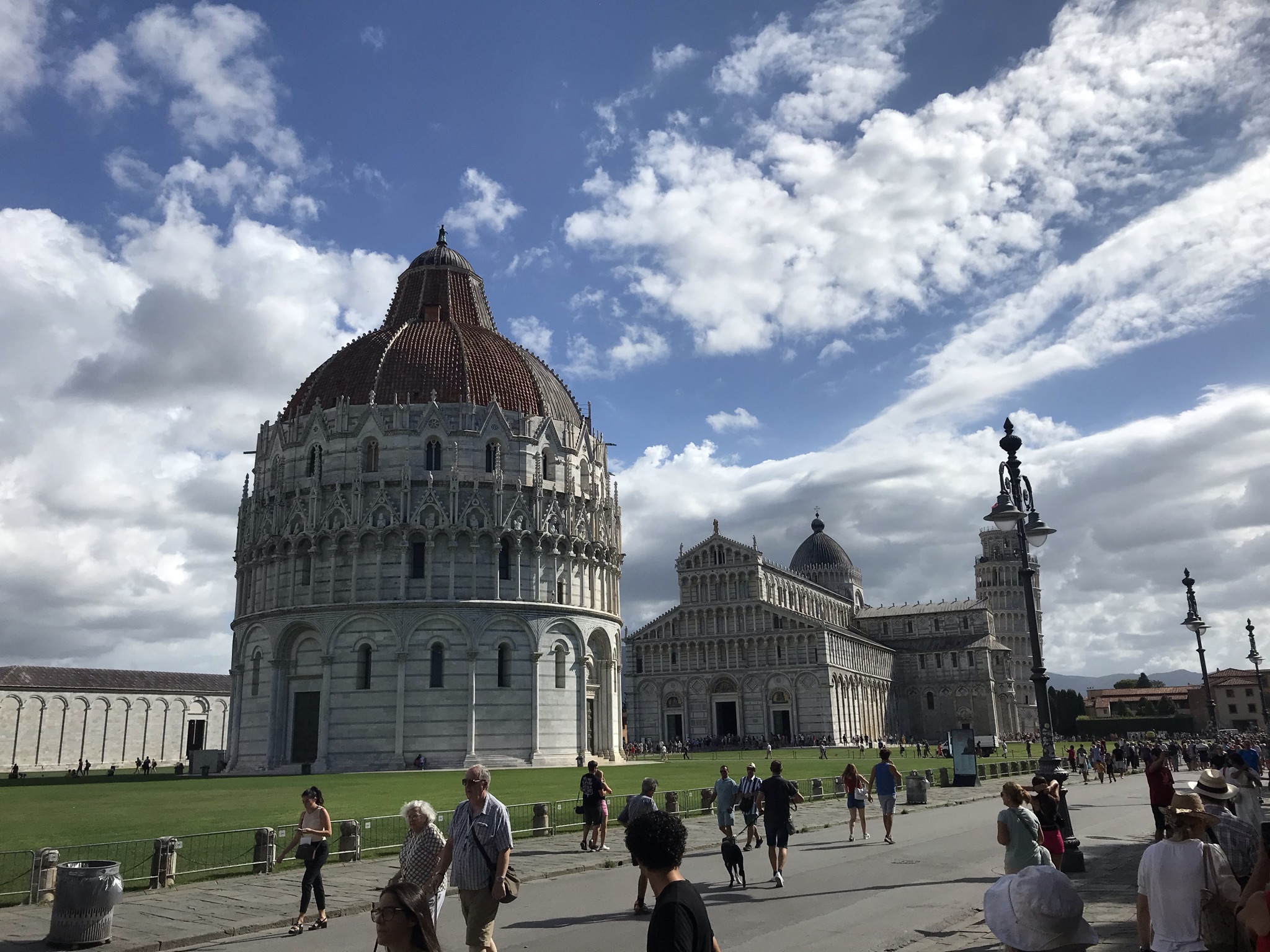Why Do People Choose Corporate Careers? A Personal Reflection on My Experience
Transitioning from a small company to a Fortune 500 corporation was a jarring experience for me. Having spent the first eight years of my career at a relatively small organization with a flat hierarchy—where communication flowed directly from the CEO to a few managers, and then on to the rest of us—I naively believed that work should be about collaboration and growth, not politics and backstabbing. Little did I know, my corporate journey would reveal a starkly different reality.
Upon joining a large corporate environment, I quickly found myself immersed in an atmosphere that felt both isolating and toxic. Rather than supporting each other and working cohesively towards common goals, I witnessed team members engaging in a competitive game of sabotage, gossiping behind each other’s backs, and hoarding vital information. It was disheartening to realize that the ethos I had embraced—performing well, uplifting my team, and contributing to the company’s success—seemed utterly foreign to many in this new setting.
Reading through various threads on Reddit, I discovered I was not alone in my disillusionment. Many others shared similar sentiments, raising questions about the prevalent toxicity in large corporations. Why, I wondered, do individuals choose to invest decades of their lives in these high-stakes environments? Is this toxic culture just a norm that everyone accepts without questioning?
My time spent in corporate America felt like an intrusion into a parallel universe. I often found myself pondering the motivations behind behaviors that seemed exclusively designed to undermine team spirit and individual integrity. Is there an underlying logic to why some people thrive in such adversarial atmospheres? What drives them to perpetuate this cycle of negativity?
It’s baffling. I spent a significant portion of my professional life believing in the value of hard work, teamwork, and transparency. Yet, in this corporate giant, it often felt as though the rules of engagement had flipped entirely. Why do certain practices, which I viewed as detrimental to both morale and productivity, appear to be the accepted standard?
As I reflect on my experience, I can’t help but seek closure. What am I missing? Is there a compelling reason that makes these counterproductive behaviors a strategic approach within large organizations? Perhaps more importantly, how can anyone find fulfillment in a career path that seems riddled with conflict and dissonance?
If you’ve ever found yourself wrestling with these questions or possess insights into the allure of corporate life, I invite you to share










One Comment
Thank you for sharing such a candid and thought-provoking reflection. Your experiences highlight a critical aspect of corporate culture that often goes unexamined. It’s true that large organizations can develop dynamics where competition and politics overshadow collaboration, sometimes driven by systemic incentives like performance metrics, hierarchy, or a culture that inadvertently rewards self-interest over collective success.
However, understanding these underlying factors can open pathways to change—both personally and culturally. For instance, companies that intentionally cultivate transparency, psychological safety, and shared purpose tend to foster environments where integrity and teamwork thrive. Recognizing that toxicity isn’t an inherent trait of all corporate environments provides hope and a blueprint for creating healthier workplaces.
Additionally, careers are deeply personal journeys. While some may find fulfillment within challenging cultures, others may prefer environments aligned with their values, like smaller firms, startups, or socially responsible organizations. It’s ultimately about aligning one’s work setting with personal principles and finding communities that support growth and authenticity.
Your reflection invites valuable discussions about how organizations can evolve to prioritize human connection and integrity. Thanks for sparking this important dialogue.